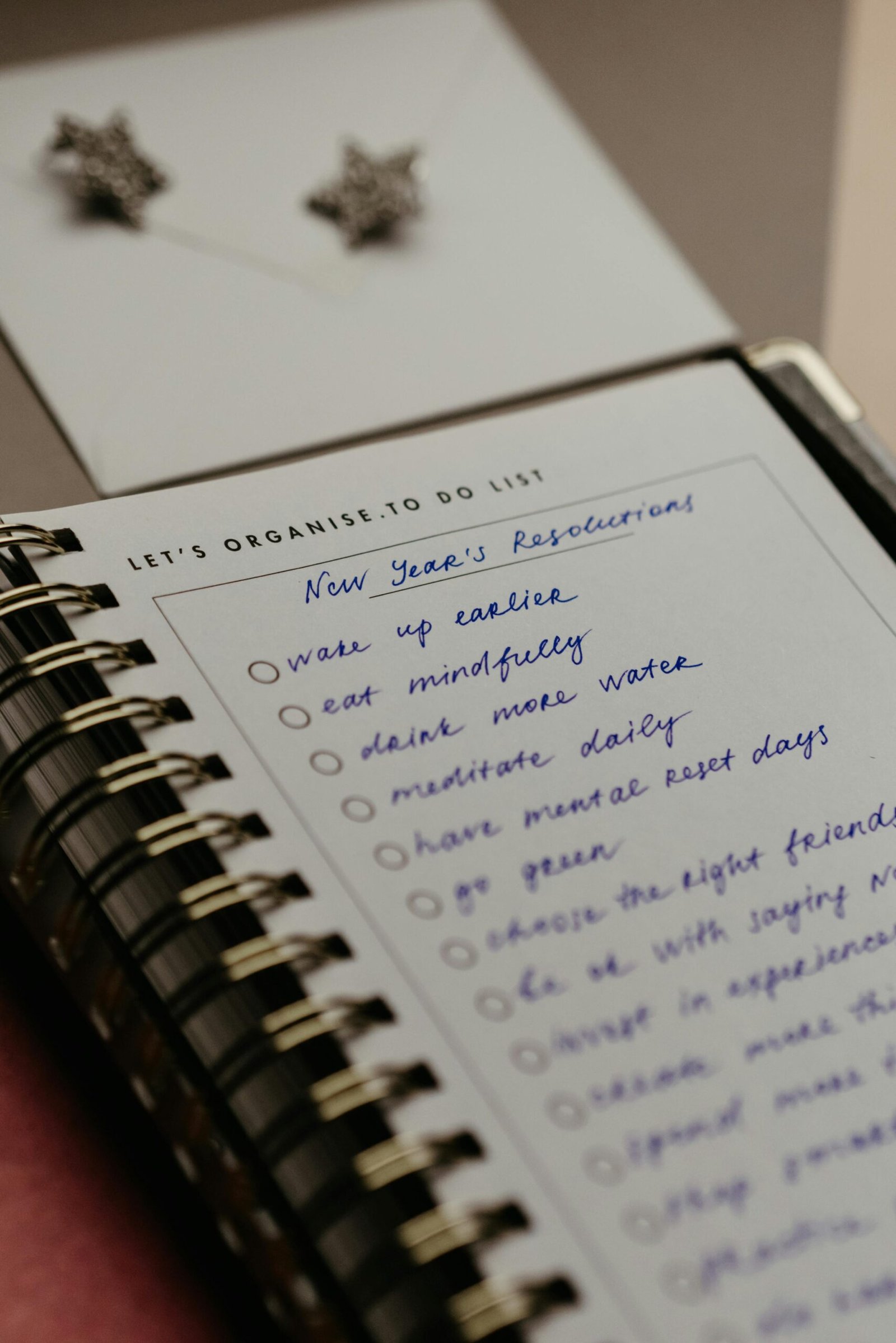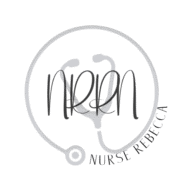
Well hello there, friend! Pull up a chair, grab a cup of whatever makes you happy, and let’s chat about something near and dear to my heart: journaling. As a registered nurse, you might think my world revolves around charts and vital signs (and okay, sometimes it does!), but trust me, the power of putting pen to paper, or fingers to keyboard, has been a game-changer for me, and I bet it can be for you too. We’re going to dive deep into the amazing benefits of journaling, specifically how it helps in reflecting on your thoughts and emotions.
You know, it wasn’t always this way. For years, my head felt like a tangled ball of yarn. Thoughts buzzing around, emotions popping up like uninvited guests. I’d try to sort it all out in my head, but it was like trying to catch smoke with my bare hands. Frustrating, to say the least! Then, a colleague, a wise old soul who’d seen her fair share of hospital drama, suggested I try journaling. My initial reaction? Eye roll. Seriously? Another thing to add to my already overflowing to-do list?
But she was persistent, and honestly, I was desperate for some mental clarity. So, I bought a simple notebook, nothing fancy, just plain lined paper. And I stared at that first blank page like it held the secrets of the universe. What was I even supposed to write? “Dear Diary”? Nope, that felt way too teenage angst for this seasoned nurse.
My first few attempts were… well, let’s just say they weren’t exactly Pulitzer Prize material. It was mostly just me venting about a particularly challenging shift or a frustrating phone call with insurance. But even those simple rants felt… releasing. It was like taking the pressure cooker of my mind and letting off some steam.
One of the biggest benefits of journaling I discovered early on was its ability to help me process emotions. You know how it is in healthcare; you see a lot, you feel a lot, but you don’t always have the time or space to truly unpack it all in the moment. Journaling became that space for me. I could write about a difficult patient interaction, the sadness I felt for a family, or even the moments of pure joy when a patient turned a corner. Putting those feelings into words, seeing them on paper, somehow made them less overwhelming. It was like giving them a tangible form, which made them easier to understand and cope with.
I remember one particularly tough week. We had a series of critical cases, and the emotional toll on the whole team was palpable. I went home feeling drained and heavy. Instead of just collapsing in front of the TV, I forced myself to write. I didn’t hold back. I wrote about my fears, my frustrations, my feelings of helplessness in some situations. And you know what? By the time I finished, I felt a weight had lifted. It wasn’t that the problems had magically disappeared, but I had a clearer perspective. I had acknowledged my feelings, and that made them feel less all-consuming.
Another fantastic benefit of journaling is its power to foster self-reflection. It’s like having a conversation with yourself, but on paper. When you write down your thoughts, you can look at them objectively, almost as if they belong to someone else. This distance can be incredibly insightful.
I’ve caught myself making the same mistakes or falling into the same negative thought patterns simply by rereading old journal entries. It’s like, “Whoa, you’re doing that thing again!” It’s a gentle, albeit sometimes blunt, way my past self nudges my present self towards better habits and a more positive mindset. This kind of personal growth through journaling is something you can’t really replicate just by thinking things over in your head. The act of writing solidifies those thoughts and makes them more concrete.
Now, let’s get down to some practical tips, because just saying “journal” isn’t all that helpful, is it? Over the years, I’ve stumbled upon a few methods that really work for me, and hopefully, they’ll work for you too.
First off, don’t aim for perfection. Seriously. Your journal isn’t going to be published (unless you want it to!). It’s a safe space for your raw, unfiltered thoughts. Don’t worry about grammar, spelling, or even making complete sentences. Sometimes, a jumble of words and phrases perfectly captures what you’re feeling.
Second, find a format that works for you. I’ve tried fancy leather-bound journals, simple notebooks, and even digital journaling apps. Honestly, the best format is the one you’ll actually use consistently. For a while, I was all about the aesthetic of a beautiful journal, but then I realized I wasn’t writing in it because I was afraid of “messing it up.” Now, I just use a plain spiral-bound notebook that I can toss in my bag without a second thought.
Third, schedule it in, at least initially. Just like any other good habit, journaling takes practice. Try setting aside even just 5-10 minutes each day. It could be first thing in the morning to set your intentions, during your lunch break to decompress, or before bed to reflect on your day. Consistency is key to really seeing the long-term benefits of journaling. There were times I skipped it for days, even weeks, and I could always feel the difference in my mental clarity and stress levels. Getting back into the habit always felt like coming home.
Fourth, use prompts if you’re feeling stuck. There are days when my mind feels like a blank slate. On those days, having a few go-to prompts can be a lifesaver. Some of my favorites include: “What am I grateful for today?”, “What challenges did I face, and how did I handle them?”, “What small step can I take towards my goals?”, or even just “How am I feeling right now, physically and emotionally?”. There are tons of journaling prompts online if you need inspiration.
Fifth, don’t be afraid to revisit old entries. This is where the real magic of emotional processing through journaling happens. Reading back on past thoughts and feelings can give you incredible perspective on how far you’ve come, the patterns you tend to repeat, and the triggers that affect you. It’s like having a historical record of your inner life. I’ve been surprised by how often I’ve forgotten about challenges I overcame or goals I achieved until I reread an old entry. It’s a great way to give yourself some much-needed credit.
Sixth, explore different types of journaling. It doesn’t always have to be just writing paragraphs. You can try bullet journaling for quick notes and tasks, gratitude journaling to focus on the positive, or even art journaling if you’re more visually inclined. The goal is to find a method that resonates with you and helps you connect with your inner world.
The therapeutic benefits of journaling are truly profound. It’s a simple yet powerful tool for stress reduction, anxiety management, and improving overall well-being. Think of it as a mental and emotional first-aid kit that’s always available to you. It’s a way to give voice to the things that are swirling around inside, to make sense of the chaos, and to find a little more peace in the process.
For bloggers, incorporating the practice of journaling can also be a fantastic source of content inspiration. By regularly reflecting on your own experiences and insights, you can tap into a wellspring of authentic and relatable stories that will resonate with your audience. Sharing your own journey with journaling, including the ups and downs, can build trust and connection with your readers.
So, if you’ve been feeling overwhelmed, stuck, or just curious about exploring your inner landscape, I wholeheartedly encourage you to give journaling a try. It’s not a magic bullet, but it is a powerful tool for self-discovery, emotional regulation, and personal growth. You might just surprise yourself at the insights you uncover and the peace you find along the way.
Now, if this journey of self-reflection and emotional well-being resonates with you, and you’re looking for more personalized guidance and support in navigating your thoughts and emotions, perhaps exploring some one-on-one coaching could be the next step for you. Let’s connect and see how I can help you unlock even more of your inner potential.

Rebecca Paeth, BSN-RN
Nurse Rebecca Health Coaching
Join me on my journey to a healthier lifestyle
I'm Rebecca, and I've been where you are.
If you’re tired of the endless cycle of dieting and conflicting health advice, feeling overwhelmed and longing to truly understand how to nourish your body and feel good in your own skin like I did, you’re in the right place. Through my blog, I share insights on weight loss, mindset, neuroplasticity, nutrition, and self-care to empower you on your wellness journey. Whether you’re seeking personalized guidance to address specific health challenges or you’re ready to break free from restrictive diets and embrace body acceptance while achieving sustainable weight loss, I offer coaching programs designed to help you cultivate lasting health and body confidence. Ready to explore a different path?

Benefits You Can Expect
Personalized, Evidence-Based Support
One-on-one sessions tailored to your health history, goals, and lifestyle—rooted in nursing expertise and current wellness science.
Mindset Transformation for Lasting Change
Guided coaching to help reframe limiting beliefs around food, body image, and health—so you stop sabotaging your progress.
Clear, Actionable Guidance Without the Overwhelm
Practical tools, customized strategies, and compassionate support to help you take consistent, manageable steps forward.
Our Happy Clients!
“Working with Rebecca completely shifted my mindset.”
I had tried everything—diets, workout programs, you name it—but nothing ever stuck. Rebecca showed me how to reframe my beliefs about food and my body. I’m losing weight without trying to lose weight!

Rated 5 out of 5
Sarah L.
“I finally feel in control of my health for the first time in years.”
Rebecca didn’t just focus on my symptoms—she really listened to my story and helped me understand the root of my challenges. Her guidance was practical and tailored to me, and now I feel empowered to make choices that support my health every day.

Rated 5 out of 5
Lisa S.
“Rebecca’s support made all the difference.”
Having someone who understands both the medical side and the emotional side of health was a game-changer for me. Rebecca provided me with actionable steps, encouragement, and accountability every step of the way. I can’t recommend her coaching enough!

Rated 5 out of 5
Kimberly F.
How It Works
Schedule Your Free Consultation
Book a no-pressure session where we’ll talk about your health goals, struggles, and what’s been holding you back. You’ll walk away with clarity—even if you don’t sign up.
I Handle the Details, You Focus on You
Based on your unique history and needs, I’ll create a personalized plan—no generic advice here. You’ll get clear next steps, ongoing support, and a roadmap that fits your life.
See Real, Sustainable Results
With consistent guidance and mindset shifts, you’ll feel more in control of your health, more confident in your choices, and more connected to the person in the mirror.
What’s Included in Your Coaching Journey

1-on-1 Coaching Sessions
Personalized 60-minute sessions tailored to your unique health goals, lifestyle, and challenges.

Custom Wellness Plans
A roadmap designed just for you—no generic advice, just focused guidance based on your needs and medical background.

Tools to Support Change
Worksheets, journaling prompts, and reflection exercises to help you stay mindful and motivated between sessions.

Progress & Accountability Tracking
We’ll track what matters most to you—from energy to mindset to symptom relief—so you can see real growth.

Mindset & Habit Coaching
Break free from old patterns and build new habits with a focus on lasting behavior change—not quick fixes.

Ongoing Support Between Sessions
Stay connected with check-ins and direct access to me for questions, encouragement, and clarity when you need it.
Ready to Take the First Step Toward a Healthier, Happier You?
You don’t have to figure it out alone. Whether you’re managing a chronic condition or tired of the constant struggle with weight and self-doubt, support is here.
